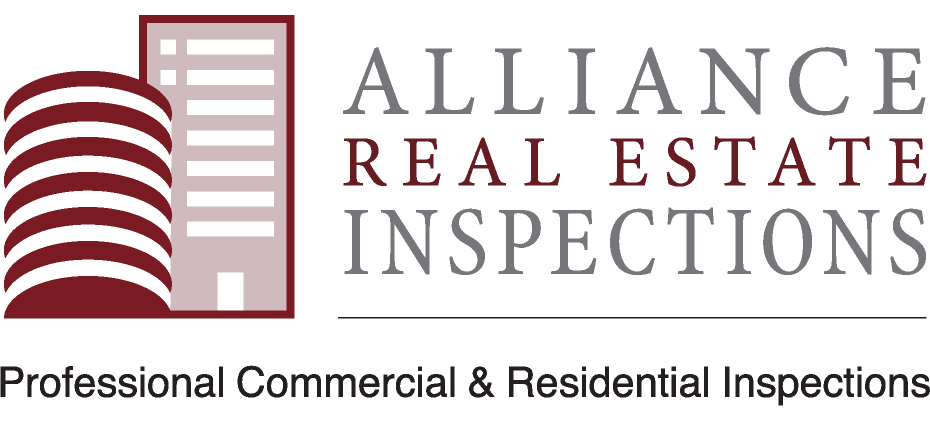As an agent, you’re probably already familiar with plumbing issues and how to resolve them. However, please feel free to pass this newsletter on to any buyers, homeowners and landlords you represent.

While the majority of one’s plumbing system isn’t visible or readily accessible, there are signs you can watch for and preventative measures that can be taken to help avoid costly surprises.
Most Common Problems:
- Clogged drains or jammed garbage disposal
- Water pressure loss
- Spike in water bill (possibly from leaky faucets or pipes)
- Faulty water heater (dripping pressure relief valve, gurgling, running out of hot water too quickly, rust and/or corrosion on the tank or on pipes above the tank)
- Corroded iron and galvanized steel pipes (most common in construction before 1960)
- Discolored pipes (often a sign of a past or current leak)
- Excessively green and longer patches of grass (possible irrigation leak)
Most dangerous issues:
- Slab leaks could compromise foundation (signs may be warm areas on floor, wet spots or staining on the floor)
- Sewage line problems could result in sewage backups and property damage (signs may be odor, slow drainage, backups)
- Pipe bursts can result in flooding and damage to the property
- Bubbling paint or wall/ceiling stains (depending on location, may also be a sign of a roof, window, or HVAC leak) could lead to mold or compromised structure
- Water temperature too hot or hot/cold lines reversed runs risk of scalding

Prevention:
- Check for leaks regularly. After ensuring no water is being used, observe the outside meter. If the meter shows water usage but no water is being used, you have a leak.
- Help prevent clogged drains. Install screens, strainers or stoppers in drains to block anything from entering the pipes that won’t easily break down (hair, paper towels, fibrous foods, grease, etc.).
- Address water pressure issues. Typically, water pressure should not exceed 80 lbs PSI (pounds per square inch). Exceeding that limit often results in drips, leaks or hammering sounds after using water.
- Get plumbing inspections. Getting an inspection on the above issues could save a lot of money vs. waiting until a larger issue arises.
- Service the sewer line regularly. This should be inspected and cleaned as needed every 1-3 years, depending on the age and number of trees surrounding the property.
- Replace old pipes. If you have old pipes (lifespan is 40 years), it is highly recommended you invest in replacing them, especially if they are already beyond their lifespan and/or problematic.
From,
The Alliance Team
The Alliance Team
